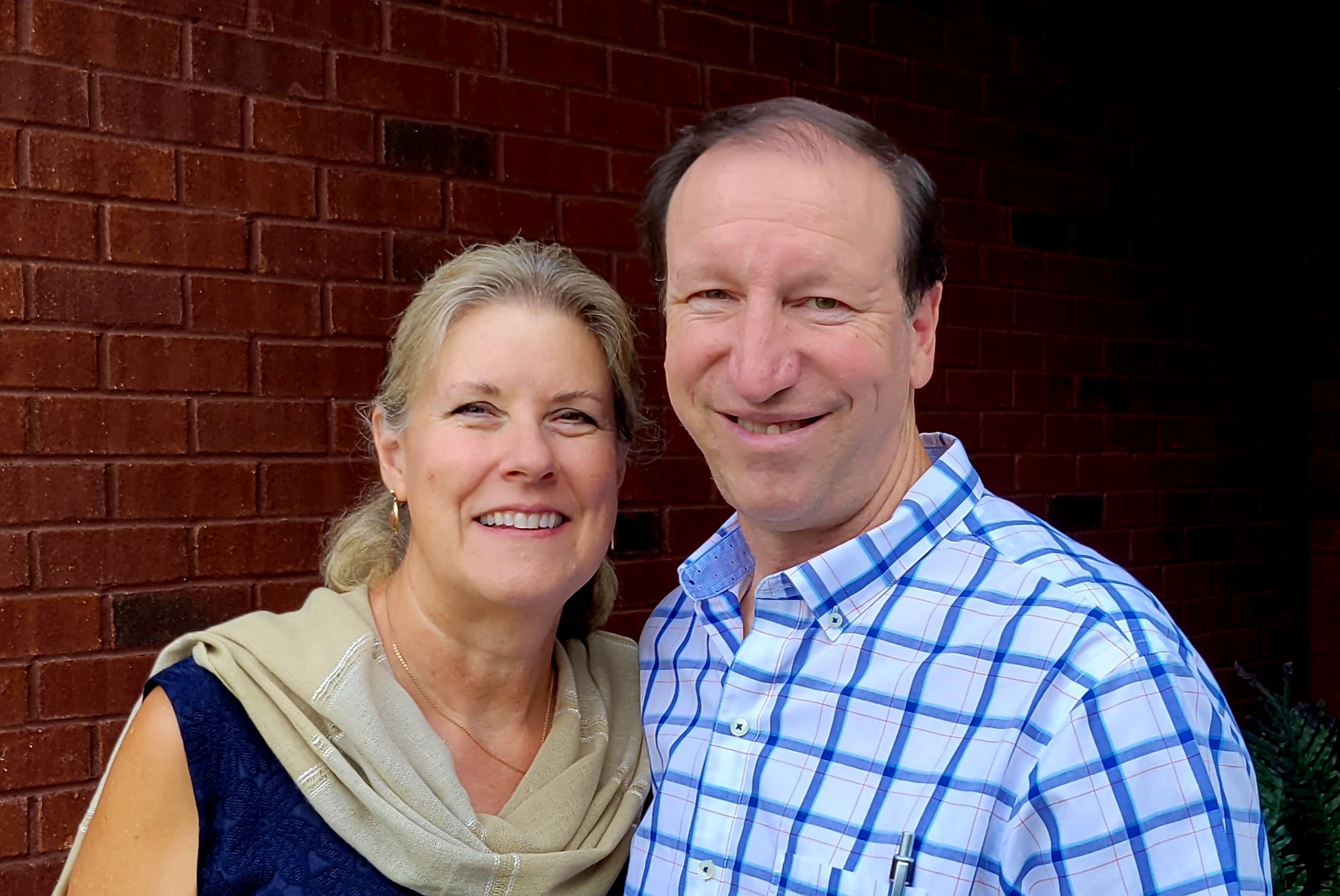One of the ObeyGC2 values is that work is transformational.
This is related to the idea that work is wholistic but it goes beyond that. The wholism aspect is that all work has a spiritual aspect which transforms people. Transformational, however also brings in the idea of “systems thinking” and the idea of being developmental. Systems thinking means we view situations in terms of the entire environment rather than viewing people as somehow separate from the environment or community in which they find themselves. Developmental thinking causes us to think of the process of helping people grow in their capacity to care for themselves and assist others. The result of taking a transformational approach is that we help people make changes that last and that are mutually reinforcing. We do not merely view persons wholistically but we view communities and environments and sometimes even nations wholistically as we respond to areas of need.
The bottom line is that God is concerned about a whole range of issues and of righting systemic wrongs. He wants us to be concerned as well and to act accordingly. He wants us to do so wholistically and developmentally.
Jonah 4:10-11
10 But the LORD said, “You have been concerned about this vine, though you did not tend it or make it grow. It sprang up overnight and died overnight. 11 But Nineveh has more than a hundred and twenty thousand people who cannot tell their right hand from their left, and many cattle as well. Should I not be concerned about that great city?”
Ex 3:7-8
7 The LORD said, “I have indeed seen the misery of my people in Egypt. I have heard them crying out because of their slave drivers, and I am concerned about their suffering.
1 Cor 9:9-10
9 For it is written in the Law of Moses: “Do not muzzle an ox while it is treading out the grain.” Is it about oxen that God is concerned? 10 Surely he says this for us, doesn’t he?



